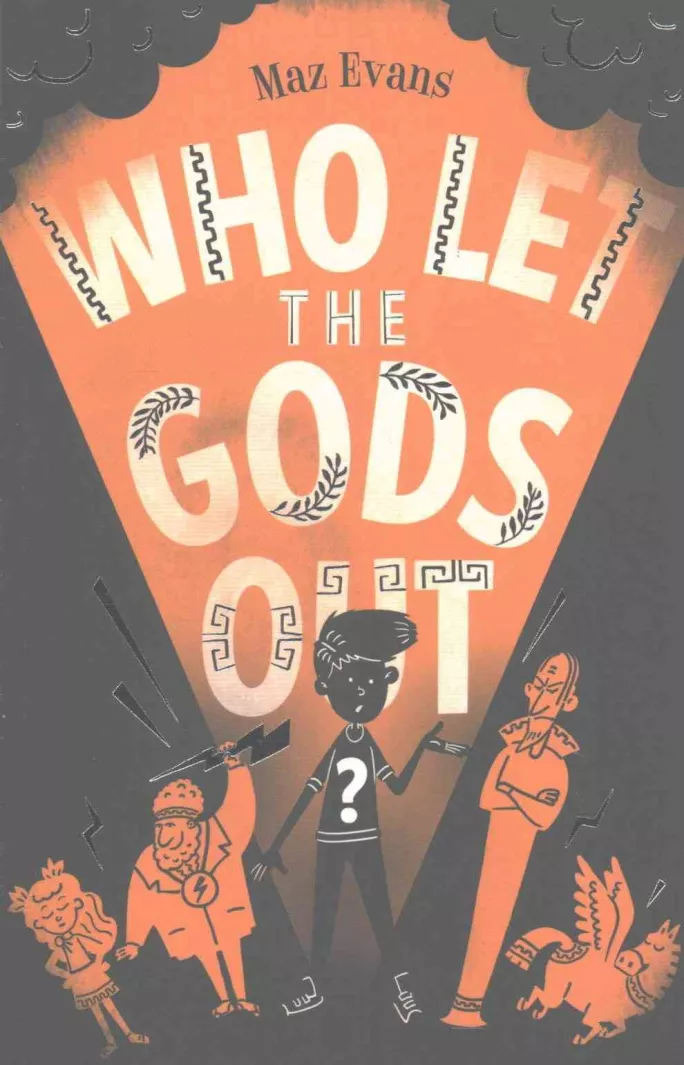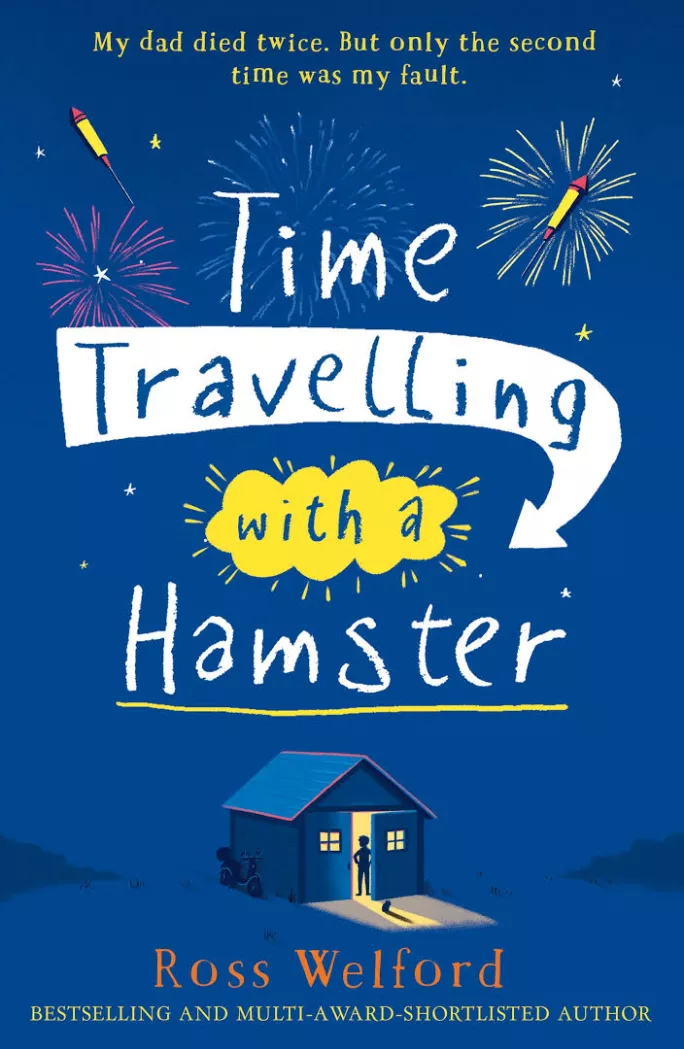So here we are: a fresh year, a bright new term. Crisp displays cover your walls, pencils are sharpened, names carefully written on books. Your planning is almost done, so it’s time to reach into the depths of your pen drive and drag out your favourite, trusty English text, the one you’ve taught year upon year without fail, that hits all the curriculum targets…
No. I’m going to stop you right there.
Put the pen drive down.
I’m here to talk to you about a reading revolution, one that is taking place all over the UK as we speak. Teachers are turning away from old, reliable texts and scoping out new ones.
New fiction choices
Hands up who has heard of
Berlie Doherty. Yes, I thought you might have.
Ted Hughes? Of course!
But what about Abi Elphinstone or Maz Evans? Lisa Thompson or Stewart Foster? Kiran Millwood Hargrave? Ross Welford?
These are all current UK authors who have released books aimed at 8-12 year olds in the past two years. Not only are they well written, engaging stories, but they work across the breadth of the curriculum, fitting in with topics and PSHE.
My point is: modern children’s books are excellent.
Not convinced to put your careworn copy of The Iron Man in a bottom drawer yet? I get it, I really do. Classics are so-called for a reason. I’m not saying you have to do away with them completely, just mix it up a little.
I, for one, still try to teach some Shakespeare every year because there is nothing else like it.
Finding the balance
You need to find a happy balance between the two. I know that reading books and planning new units can be time-consuming, but the world is changing quickly. We teach in a multicultural society that is fuelled by social media and we need to provide children with texts that will provoke recognition and empathy. Children need to see themselves on the pages in order to make a connection and, I hate to say it, but that is where the classics are lacking.
Still on the fence? Let me give you some examples.
In Maz Evan’s
Who Let the Gods Out?, not only has she managed to hilariously update the Ancient Greeks, a staple topic for many a KS2 classroom, but the main character is a young carer for a parent suffering from dementia, something I’ve never seen in children’s literature before.
In Time Travelling with a Hamster by Ross Welford, the main character is a mixed race Indian boy who is dealing with bereavement.
Abi Elphinstone writes a fantasy world based around a gypsy community in her Dream Snatcher trilogy and Lisa Thompson has written a cracking detective story, Goldfish Boy, which also deals with grief and OCD.
Stewart Foster writes an honest, open account of bullying from both sides in All the Things That Could Go Wrong and Kiran Millwood Hargrave has created a beautiful fantasy world populated with people of colour and feisty heroines in The Girl of Ink and Stars.
Stay connected
Not only are these authors writing about current, important topics, they are also on our side. They get that teachers lack time and resources. In fact, some of them have been in the profession. Abi Elphinstone, in particular, writes free schemes of work that go with each book and are readily available for the time-poor to download on her website.
They are all active on Twitter too, readily available to answer questions about their works or say hello to a class studying their book, because they know how important it is to foster that love of reading early on.
I’ll leave you with my bottom line: the children in your class deserve to see themselves in the books you read them. That is how you will give them a sense of self-worth and open their eyes to the wonders of literature, I promise you.
If I’m wrong, you can always dig out that dusty old pen drive…
Cynthia Murphy is acting English coordinator Bury Grammar Boys Junior School
Want to keep up with the latest education news and opinion? Follow Tes on Twitter and like Tes on Facebook


